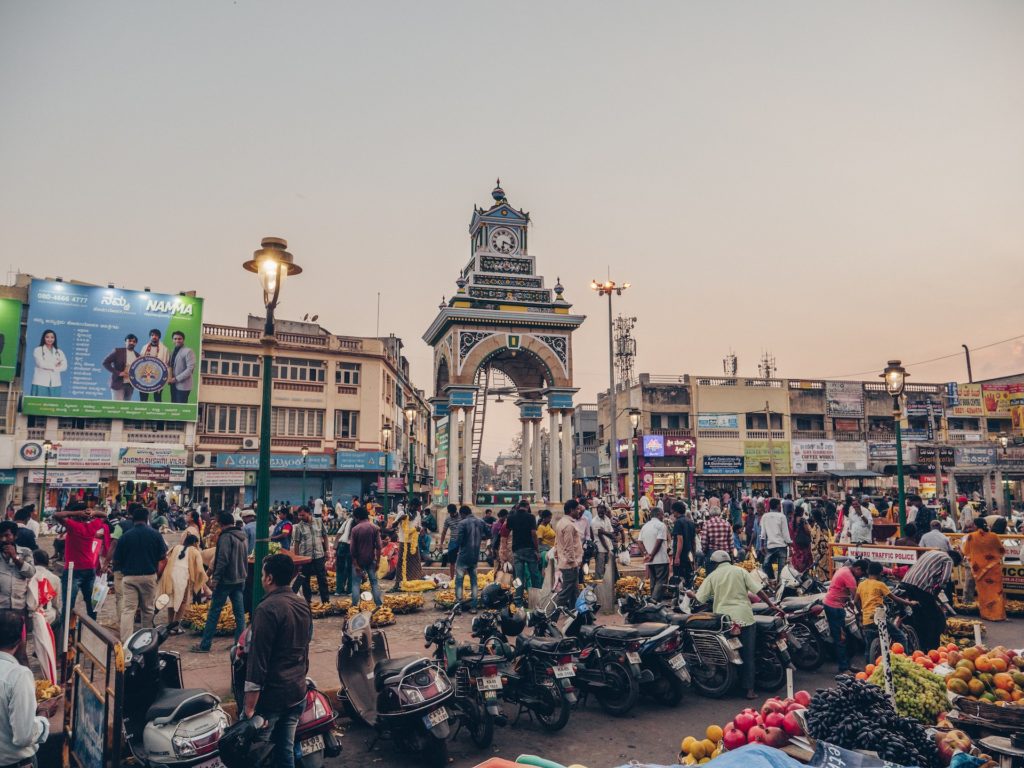One of the most complex and diversified migration histories may be found in India. Ethnic Indians developed communities during the 19th century on every continent as well as on islands in the Caribbean, the Pacific, and the Indian oceans. From primarily indentured labor in distant colonies to postwar labor for British industry to high-skilled professionals in North America and low-skilled workers in the Middle East, the composition of flows has changed throughout time. A phenomenon known as secondary migration has also taken place among ethnic Indians in nations like Kenya and Suriname. India is the nation that receives the most remittances from migrants. According to World Bank estimates, almost $69 billion, or about 3% of the nation’s gross domestic product, was sent by Indian migrants to family and friends in India in 2015. Indians who reside in Persian Gulf nations, the United States, the United Kingdom, and Canada provide the funding’s majority. Since 2008, when India surpassed China as the leading beneficiary of migrant remittances, the country has held this position.

Main justifications for moving to India
Economic, societal, and political factors are just a few of the causes of migration. Below is a brief description of them:
Religious minorities
Religious minorities in India have a higher likelihood of immigrating abroad. According to estimates from the Pew Research Center from 2010, religious minorities make up a bigger proportion of overseas migrants to India than they do of the country’s domestic population. For instance, barely 3% of the people in India were Christians, however, around 19% of the population of Indian international migrants were. Similarly, compared to 14% of the Indian population, 27% of the estimated population of Indian overseas migrants were Muslims. Hindus, on the other hand, experience the opposite.
Marriage
Marriage is a key social component that affects migration. After marriage, every female is required to move to her future husband’s home. Therefore, whether it is a small or great distance, the entire female population of India must migrate. More than half (56.1%) of those who moved did so as a result of marriage in 1991.
In the quest for work, a lot of people move from rural to metropolitan areas. Not every resident in rural areas has a job thanks to the agricultural backbone of those communities. Even the villages’ small-scale and cottage enterprises struggle to create jobs.
Contrarily, urban regions offer a wide range of opportunities for employment in businesses, trade, transportation, and services. In 1991, 8.8% of immigrants moved in search of work.
Education
Rural residents must relocate to urban centers for this reason since there are typically few educational institutions in rural areas, especially those for higher education. After completing their schooling, many of them move to the cities to find work.
Insufficient security
People are driven from their homes by political unrest and interethnic warfare. Due to the unrest in those areas, many people have migrated out of Jammu and Kashmir, and Assam during the past few years. Push factors like hunger, malnutrition, and unemployment also cause people to migrate. They are “pushed” to adjacent or faraway towns when they cannot find a source of support in their native villages.
Millions of people moved from their remote villages to Kolkata, Mumbai, or Delhi because these metropolises held out some hope for a better quality of life. Their native communities had essentially rejected them as surplus populations that the rural land resources could no longer support.
These are among the reasons why an increasing number of people are deciding to relocate to India from their home countries. India’s economy is projected to expand by 9% in 2021.
ExpatInsider reports that 72% of expats in India, which is higher than the global average of 64%, are satisfied with their financial status there.
With about 100 million migrants already residing there, India is among the most popular migration destinations worldwide.
Take away
Foreigners who desire to go to India for whatever purpose can apply for a variety of visas from the Indian government. Whatever your motivation for relocating to India, you should be aware that you will need to get past the language and legal barriers to enjoy your time here.
